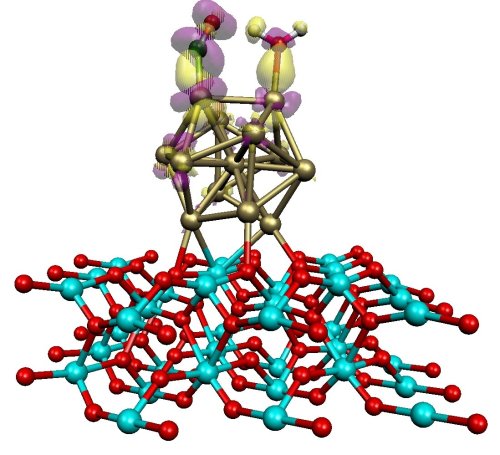
Motivation
Electronic structure methods are becoming a fundamental tool of investigation in condensed matter physics, materials science, biology, and nanoscience. These methods are based on the solution of the Schrödinger equation for the electrons, without any empirical input, and allow for the description of the mechanical, vibrational, electrical, magnetic and several other properties of solids with "chemical" accuracy. This is a rapidly evolving field which also offers people in developing countries the opportunity to carry out cutting-edge theoretical research with relatively low financial investment in equipment. The purpose of this school is to strengthen the scientific base of junior scientists (PhD students and junior postdocs) by exposing them to a selection of international high-level lectures combined with a week-long session of computational laboratories aimed at training students to the independent use of the codes for their own research.
Organizers
Universidad Andres Bello
Universidad de Chile
The Abdus Salam International Centre for Theoretical Physics
DEMOCRITOS Modeling Centre for Research in Atomistic Simulation
Structure of the School
- Introduction to high-performance computing
- Advanced talks covering recent developments
- term:Introduction to high-performance computing: hands-on tutorial, using the Quantum-Espresso distribution http://www.quantum-espresso.org
Summary of Topics
|
Part A |
Part B |
Part C |
|
Applications to:
|
|